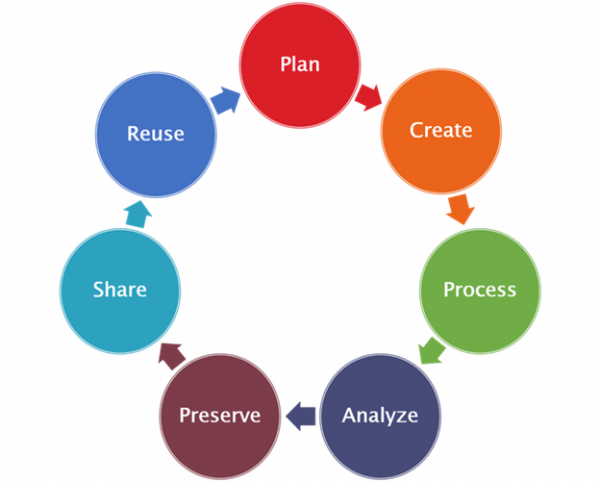Management of research data is an area of increasing interest and importance. When properly handled and responsibly shared, research data from post-secondary institutions enables researchers to organize, store and access information created during their project. When mismanaged, the consequences can be dire.

Evelyn Asiedu
“As a scientist myself, and throughout my PhD, working in my lab and collaborating with other labs, you see that every research group has their own culture of how they store their information, or transfer their files,” says TRU Research Data Management (RDM) Postdoctoral Fellow Evelyn Asiedu.
“Sometimes it works, and sometimes it doesn’t. For example, if you have a group of four or five people working on a project, and one person is the keeper of the data and that person either falls ill, or transfers organization, or somehow gets disconnected from the research group or organization, then the remainder of the research group is left in peril wondering how they can access the information.”
Championing data management

Erin May
Focused on providing researchers at TRU with what they need to set up their own data management plans, Asiedu and her colleague Erin May, scholarly communications librarian at the TRU Library, met with Tri-Agency grant holders.
“In December, we spoke with some of TRU’s Canada Research Chairs and held sessions for different grant holders on campus,” says Asiedu. “Our next step will be to visit different faculty councils and different departments and speak with them in smaller groups about their needs, share what we know and ask how we can help onboard them to thinking more seriously about data management planning. Erin will have a larger hand in helping communicate with researchers as to where to store their data and answering questions about data management templates specific to different disciplines.”
Although the project is in its early stages, Asiedu remains optimistic it will be well-received.
“For those familiar with RDM, they understand the reasons why it’s important to have a data management plan,” says Asiedu. “They understand the need to be consistent with metadata and the labeling of files, and how important it is to communicate with colleagues.”
Although the priority is on principal investigators and those who hold Tri-Agency grants, Asiedu says the hope is that graduate and undergraduate students will also reap the benefits, since they work with researchers.

Research Life Cycle
Looking ahead
According to the federal government’s Tri-Agency Research Data Management Policy, all post-secondary institutions subject to the responsible and secure management of data must post their RDM strategies, and notify the agencies when they have done so, by March 1, 2023.
“Canadian institutions should be slowly moving towards allowing their data to be somewhere, which is both for short term – to help them stay organized – but also for longer term, so it’s more accessible for collaborators, peers and journals,” says Asiedu.
“By 2023, we hope to have an institutional strategy for data management planning at TRU, which has to do not only with the plans themselves but also with repositories for long-term storage.”

